There is true magic in writing, that is proven. Writing is used consistently by successful people and those in trouble, to move their lives forward.
There are plenty of articles on the power of writing to draw out ideas, express and release feelings, and to sort through mind clutter.
I believe that journaling, in one form or another is one of the most powerful ways to connect with yourself. We are forced to slow down and be with only ourselves when writing.
We go places we normally don’t go within our own souls, and if done often, we are transported to deeper and deeper, creative parts of ourselves that are unknown or forgotten.
It is a great way to solve problems, gain clarity, express your wishes and leave worries on a paper, so you can go about your day.
Journaling can be short and unplanned – a stream of consciousness as Julia Cameron suggests in The Artist’s Way with “morning pages.”
Another way to write for clarity is to ask yourself a question that you want direction on, and then to write on that issue specifically. I was recently in a workshop where we were given writing prompts that were helpful for this type of more directed writing.
You can download my version of these writing prompts here. They will help you get into the flow.
The idea behind the more directed writing is to have regular conversations with yourself. The premise being, that all of your answers are within you, and you are likely talking to everyone except yourself for advice and help with decisions. What if you had numerous conversations (in writing) with yourself on particular questions that need answers?
Would you ultimately find the insights you need? Additionally, when we derive answers for ourselves, we are more likely to act on them, than when we are told what to do.
We can find the answers we need and the motivation to act, simply by writing and having conversations with ourselves on a regular basis.
It makes sense and evidence supports the process. It’s courageous in that you must do two things:
- Trust the process and take time away from other activities to spend precious time on writing, and
- Be honest and allow your writing to take you to new and potentially uncomfortable places when having these conversations with yourself. Ignore the “shoulds,” leave out judgment and keep an open mind.
You will intuitively know when you have written enough on a topic to move on. If you don’t yet have answers, keep writing each day until you feel you have received guidance.
You won’t necessarily find all the answers, but discovering a starting point is a success and a place from which to make a move.


